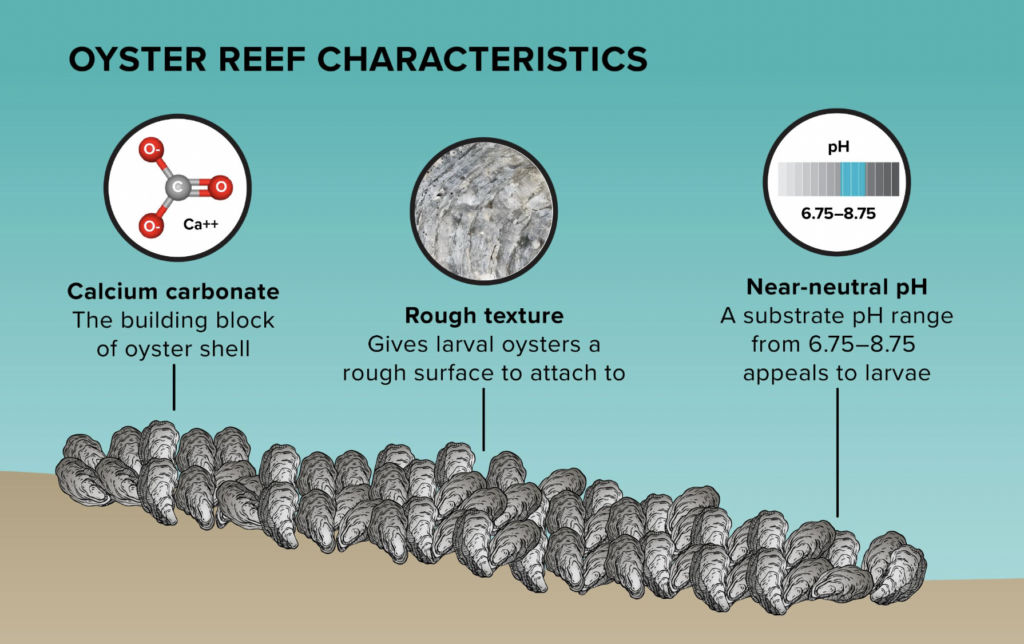Main Content
Congratulations to the Rutgers Center for Ocean Observing Leadership (RUCOOL) team on its selection as the recipient of the TOS Ocean Observing Team Award!

By HSRL Staff •
Congratulations to the Rutgers Center for Ocean Observing Leadership (RUCOOL) team on its selection as the recipient of the TOS Ocean Observing Team Award!

By HSRL Staff •
With the surfclam industry facing an uncertain future amid all these threats, shellfish researchers at Rutgers and elsewhere are working to find solutions that may help both the clams and the fishers adapt.

By HSRL Staff •
Congratulations to doctoral candidate, Hails Tanaka, who was awarded Best Student Poster at the 2023 MAC AFS meeting. Hail’s poster was titled, “Examining Size and Abundances of Juvenile Atlantic Surfclams (Spisula solidissima) over the Last Four Decades in New Jersey State Waters.”
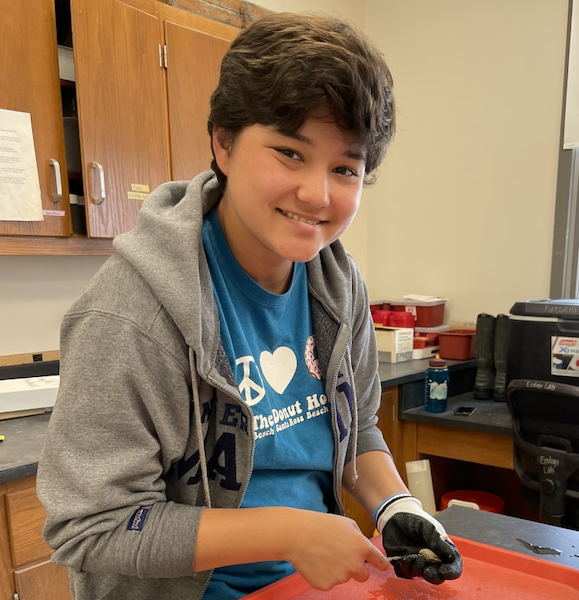
By HSRL Staff •
The next speaker in the rebooted series will be Janine Barr, Unit Administrator/Specialist at the Bloustein School of Planning and Public Policy at Rutgers University.
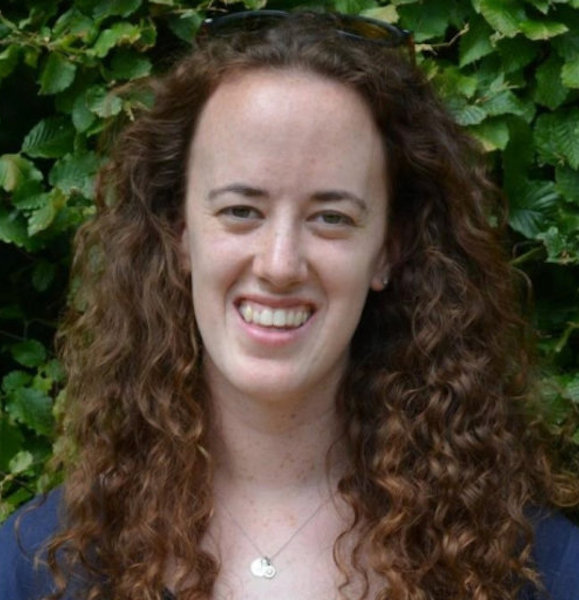
By HSRL Staff •
Rutgers scientists are devising strategies for state businesses to successfully weather future adverse effects from climate change.
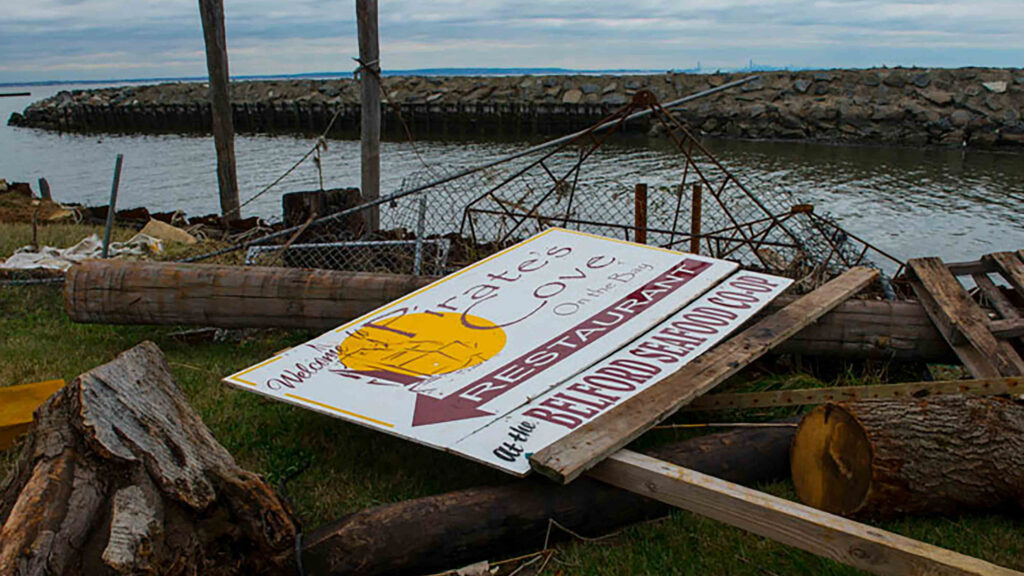
By HSRL Staff •
A student-led science story, Life on the Edge, which was funded by pilot grants featuring the research of Dr. Daphne Munroe, has now been accepted into 4 science film festivals, with possibly more to come:
• Cut International Short Film Festival
By HSRL Staff •
Using Rutgers University brood stock, the hatchery was able to have eight spawns this year, and is on its way to success in benefitting local aquaculturists in the state of Delaware.
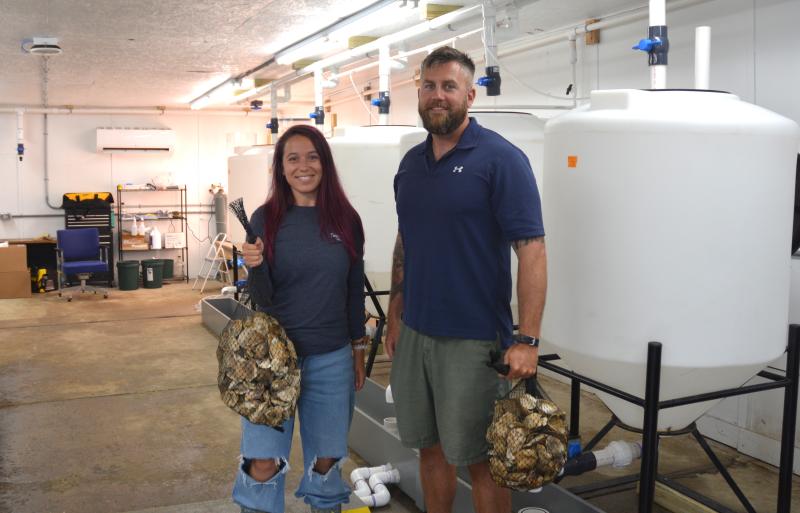
By HSRL Staff •
Shellfishermen and scientists have spent years battling a disease that nearly wiped out the native oyster population. At last, there are signs of a possible way forward.
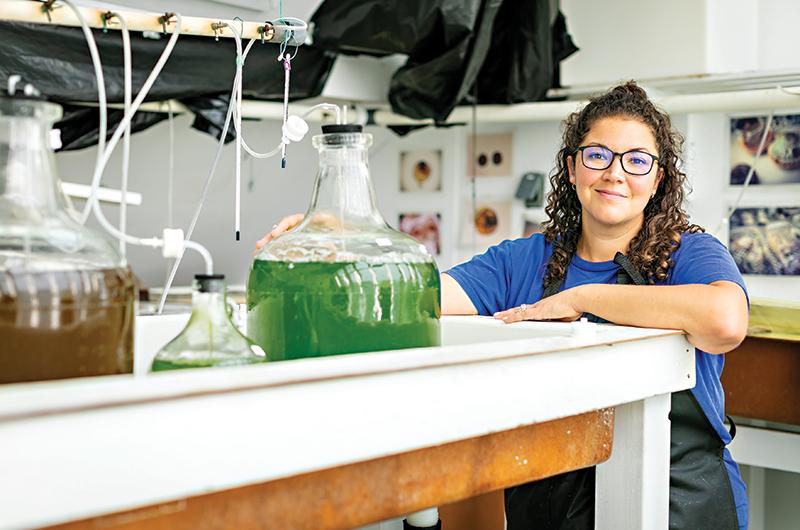
By HSRL Staff •
One East Coast collaboration, the Regional Shellfish Seed Biosecurity Program , is attempting to make interstate business easier for hatcheries and growers. “In a nutshell, we want to have a hatchery’s health record for three years, and see a clean bill of health for three years, before the hatchery becomes certified,” explains Lucia Safi, a postdoctoral researcher associated with Rutgers University and the Regional Shellfish Seed Biosecurity Program. “The hatchery will make an application for each product that they want to have certified. We do all this research and certified best management practices to minimize disease. In the long run, this will save a lot of time and money.”
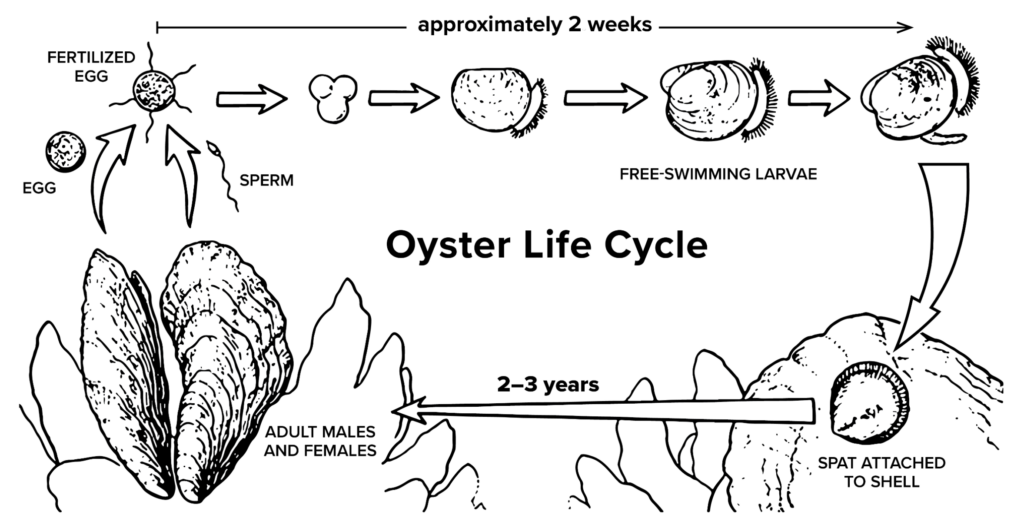
By HSRL Staff •
In some parts of the East Coast, specially constructed blocks of concrete that mimic the surface area of an oyster reef are used for oyster settlement along the shoreline. This concrete must be designed to break down, however. Asking concrete manufacturers to make a product designed to break down may seem counterintuitive, explains Dave Bushek, director of the Haskin Shellfish Research Laboratory at Rutgers University.
